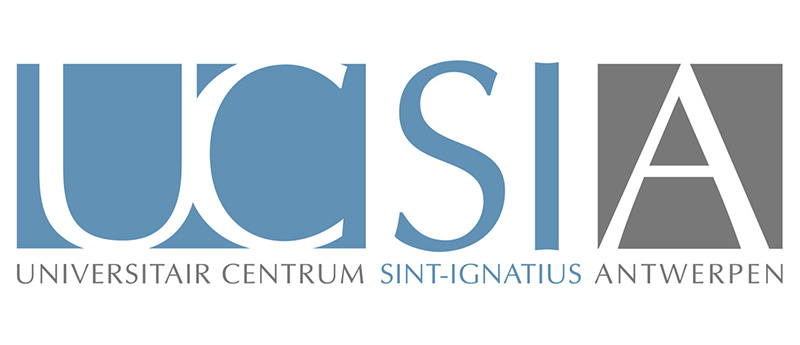
Service-Learning as a pedagogy to promote Inclusion, Diversity and Digital Empowerment
Since 1 January 2022, UCSIA has been coordinator of the three year Erasmus+ project SLIDE ‘Service-Learning as a pedagogy to promote Inclusion, Diversity and Digital Empowerment’ (2022-2024). The SLIDE project is a collaboration between ten European partners: six higher education institutions and four service-learning networks. SLIDE aims to intertwine the Service-Learning (SL) pedagogy with Digital Empowerment (DE) to promote Inclusion (I) and diversity. The project brings together students and academics from a wide range of European higher education institutions to draw on existing practices, share knowledge and develop best practices in and with the community where all become problem solvers, and partners.
The COVID-19 pandemic brought into focus three acute needs of contemporary education into sharp focus:
-
- The need to digitally empower university teachers who rapidly have to transform from teaching professionals into designers of learning experiences and experts on emerging technologies;
- The need to close the gap between the self-perception and the actual digital competences of university students by equipping them with appropriate digital skills, and raising their awareness of digital inclusion of underprivileged and underrepresented groups;
- The need to combine the digital empowerment of teachers and students with the service-learning pedagogy, while establishing connections between higher education institutions and communities at risk, either in direct proximity or in rural/remote areas.
Following these three needs, members of the European Association for Service-Learning in Higher Education joined forces and created an Erasmus+ project proposal to explore the potential of service-learning and digital empowerment for promoting inclusion and diversity. The overall aim of SL is to foster a sense of civic engagement and responsibility in students and to motivate them to bring about positive social change, while the aim of DE is to make an individual fit for the digital technology by placing that individual at the center of education and drawing upon their personal experiences to engage them.
The objectives of the SLIDE project are:
-
- To collectively understand and promote service-learning as a pedagogical approach that promotes inclusion, diversity, and digital empowerment;
- To equip students with digital capabilities and skills necessary for the use of technology in creative, critical, competent, and inclusive ways through service-learning activities;
- To increase the capacity and willingness of higher education teachers to make a real shift towards digital education;
- To facilitate the exchange, flow, dissemination and co-creation of knowledge on SL and DE in Europe.

UCSIA
Koningstraat 2
B-2000 Antwerpen
info@ucsia.be
Tel. +32 (0)3 265 49 60
Voorlopige locatie tijdens de renovatiewerken:
Blindestraat 14, 2000 Antwerpen

